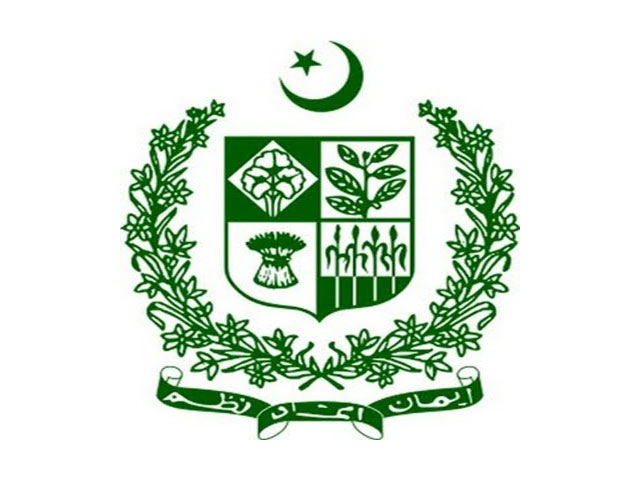
A cursory glance at completed projects reveals they are ‘nuts and bolts’ — essential but unglamorous. A safe drinking water project, a centre for cast metals and foundry technologies, and another centre for proficiency testing for analytical laboratories as well as the upgrading and modernisation of herbal, mineral and food pilot projects at a complex in Peshawar. None of these are likely to grip public attention and are easy to shove to the back of any queue in terms of funding priorities. Yet all of them address wider quality-of-life issues that tangentially touch all of us knowingly or otherwise, and we ignore them and their support at our peril. This government has spoken often of the development of a ‘knowledge economy’ — which implies a technological revolution of sorts, the advance of which ought to be the job of the MoST. Unfortunately, the ministry does not even have adequate buildings to conduct its business in, and this despite having been twice approved by the Central Development Working Party and once by the Executive Committee of the National Economic Council. How many permissions are needed we are led to wonder? Many of the pending projects have been hung up for almost a decade, a decade in which science elsewhere in the world has advanced by leaps and bounds. Pakistan needs science, and it is time the government woke up to that.
Published in The Express Tribune, August 17th, 2016.
Like Opinion & Editorial on Facebook, follow @ETOpEd on Twitter to receive all updates on all our daily pieces.
-(1)1717678110-0/Kendrick-(1)-(1)1717678110-0-405x300.webp)











COMMENTS (2)
Comments are moderated and generally will be posted if they are on-topic and not abusive.
For more information, please see our Comments FAQ